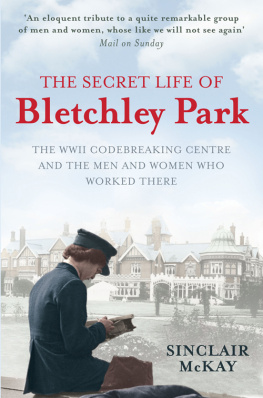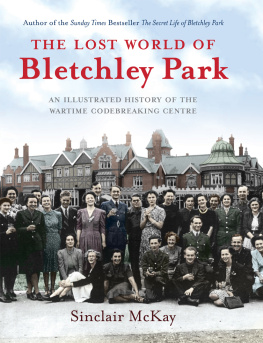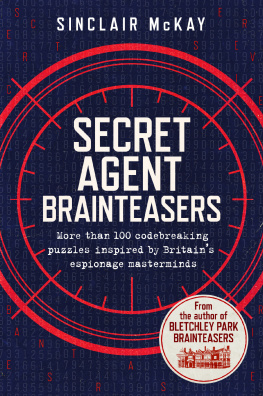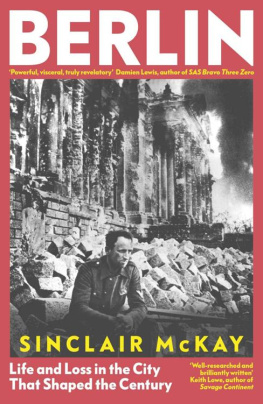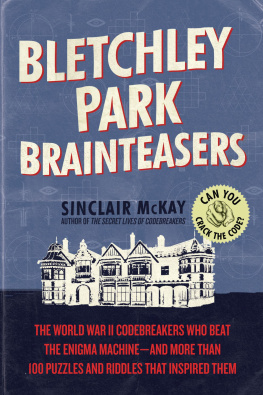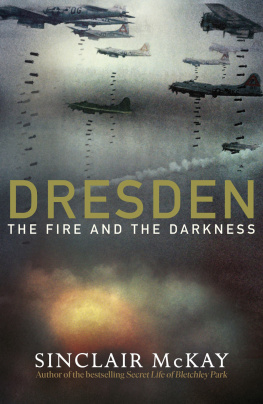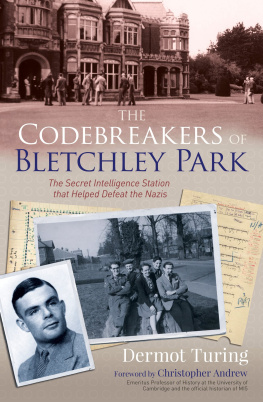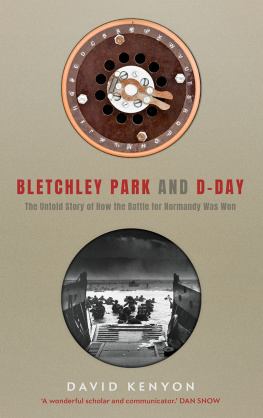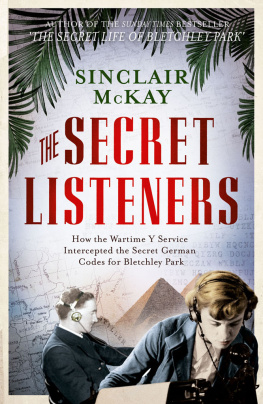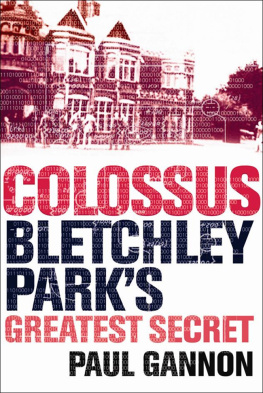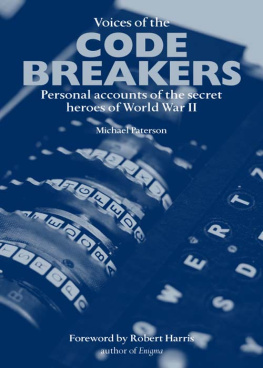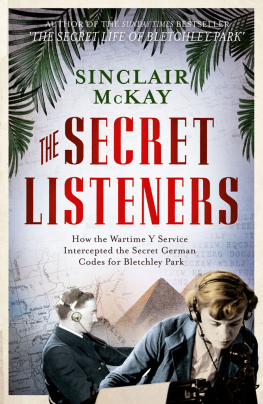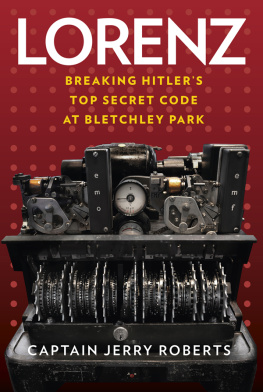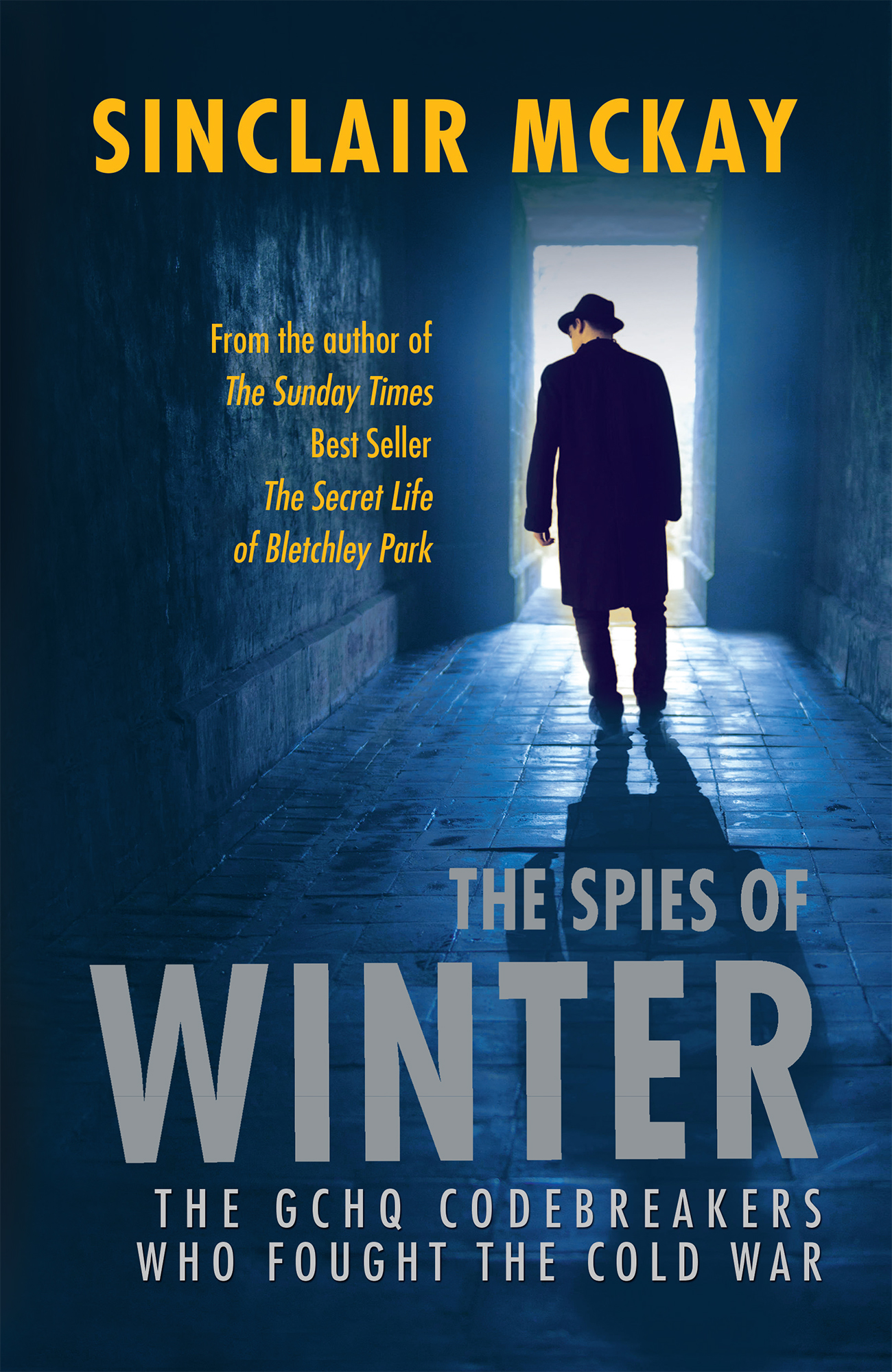THE SPIES OF WINTER
The GCHQ Codebreakers Who Fought the Cold War
By Sinclair McKay

Prologue
The Masters of the Game
The piercing cries of seagulls, combined with the deep roar of cold waves crashing on black pebbles, did not help the concentration of the highly strung Soviets. These men, the Soviet Unions supplest minds, were already agitated enough after an unsatisfactory trip around the tourist spots of London, followed by this journey to the freezing south coast, where the contest was being held. The English did not play the game in the same way: instead of deep focus, there was rush and commotion. They started too early in the morning, and added to this was an unusually heavy haze of tobacco and the unbearable hum of pointless chatter from onlookers. The Soviets and the grim undercover NKVD security men who were supervising them closely were growing increasingly tense.
This was a tournament that was quietly weighted with global consequence, lethally serious yet at the same time thanks to the English hosts charged with some ironic wit. The setting for this clash between violently opposed ideologies could not have been more pleasingly incongruous; it was an out-of-season theatre near the promenade at the seaside town of Hastings, in Sussex. It was January 1954, and the weather by the seafront was ferociously wet and cold. Doughty women out walking their dogs in the freezing spume dodged into the tea-rooms attached to the theatre in order to avoid the knife-keen winds. The Russians regarded their constant entrances and exits as further intolerable distractions. These ladies could have no conceivable idea of the significance of the contest being played here; they could never have guessed that among those crammed into this room of brightly painted pillars and velvet curtains were agents of a foreign power. Before the dog-walking ladies, at a range of tables, and operating in a dense mist of cigarette smoke, were many men in suits, some young, but most middle-aged. They were hunched over chessboards.
These were the worlds chess Grandmasters, gathered from all over for an annual competition the Hastings International Chess Congress which was (and is) held every winter in this otherwise unassuming seaside town. Among the players, for the first time since the Cold War had begun, were participants from the USSR: Alexander Tolush, David Bronstein and Vladimir Alatortsev. They had arrived in Britain at a time when relations between the British and the Russians had reached a point of permanent mutual neurosis, distaste, suspicion and contempt. And the game of chess was regarded as being very much more than a symbol of national intellectual prowess. Unknown to the wider world, there was a battle taking place here in this hall that in some way was as significant as any movements of submarines, tank regiments or intercepted coded messages.
Soviet pride and concomitant insecurity was at its most intense. Even with Joseph Stalin leader of the Soviet Union from 1924 to 1953 recently dead, senior figures in the Kremlin were tormented by the idea that the Western powers looked down on them. If the Soviets knew what a particular branch of British intelligence had waiting for them here in Hastings, they might have thought again about allowing their Russian Grandmasters to make the journey. As it was, the main English representative at this tournament was not immediately familiar to the Grandmasters. In such a closed and hermetic world, they must have wondered quite where this handsome, amused-looking man had materialised from. And as intellectually confident and dazzling as Bronstein and Tolush were, these towering giants of the game must have wondered how it was that this English player came by such effortlessly confident body-language even an easy smile as he settled down before the chessboard.
Hugh Alexander was the perfect emblem of a new department of British intelligence that was fast establishing its indispensability. He and several of his friends dotted around those smoky Hastings halls in that dark winter were brilliant codebreakers. For several years, Alexanders own work had been devoted to penetrating Soviet encrypted messages gathered from deep in Eastern Europe, their codes devised by men such as those he was now playing chess against. Alexander and his colleagues were rich in experience and, indeed, success. Hidden deep in the darkest shadows of British establishment secrecy, there was only a handful of people in and around Whitehall who knew the full extent of their extraordinary accomplishments. The NKVD agents in the hall could not have imagined, as they watched Alexander locking wits with their team, that this was the man who, in 1942, had helped steer Britain through the worst of the Battle of the Atlantic by penetrating Hitlers most unthinkably complex codes.
The codebreaking triumphs carried out at Bletchley Park, a large house and estate to the north of Buckinghamshire, was one of the more astonishing stories of the Second World War. The unravelling of the Nazi Enigma codes had enabled the cryptographers, and Prime Minister Winston Churchill, to see right into the heart of the enemys plans. When the war ended in 1945, the senior codebreakers understood very well the frightening fragility of this new peace. They had developed an extraordinary new espionage muscle. Unlike human intelligence, which often relied on unstable, untrustworthy double agents and psychologically damaged individuals, codebreaking and intercepted messages had a kind of crystalline, unblemished purity. The cryptographers knew that they had to sharpen their skills and their scope further in order not only to defend the nation, but also to ensure the stability of other regions. This was a world-spanning game. In that January of 1954, Hugh Alexander now one of the mainstays of the regenerated codebreaking department known as Government Communications Headquarters (GCHQ) took several days away from his secret duties in order to accept a symbolic challenge from an unwitting Kremlin.
Curious though it may seem, this chess tournament covered by the worlds press offered a chance of victory that Britains spies badly needed. The last few years had been very difficult. British intelligence had suffered the humiliating exposure and defection of the MI6 double agents Guy Burgess and Donald Maclean in 1951. The revelation of treachery at the very heart of the secret state was compounded by concomitant repercussions among Britains allies. A notable irony in the torrid saga of these traitors Kim Philby and Anthony Blunt were to be exposed later, and the alleged Fifth Man John Cairncross only in 1979 was that their activities had been uncovered first by American codebreakers and then by their British GCHQ colleagues. This was one success both bitter and horrifying that had even initially been kept from the British prime minister and the American president, so volcanic were its implications.
But the wider point was this: the generation that had emerged from Bletchley Park was very swift to find its operational feet in those first few traumatic years of the Cold War. The international climate froze over fast, and generals on either side anticipated the world at any moment being convulsed with conflict once more. The codebreakers, after having gone for a few years under the title of London Signals Intelligence Centre, were by the 1950s a completely free-standing department. The initials GCHQ were never referred to in public, its existence unspoken in newspapers and even in Parliament. Quietly, and invisibly, the codebreakers established themselves as an all-seeing, all-hearing force, concealed at the very centre of British life.


